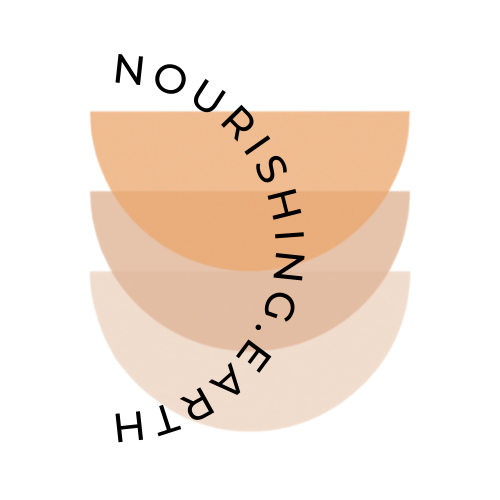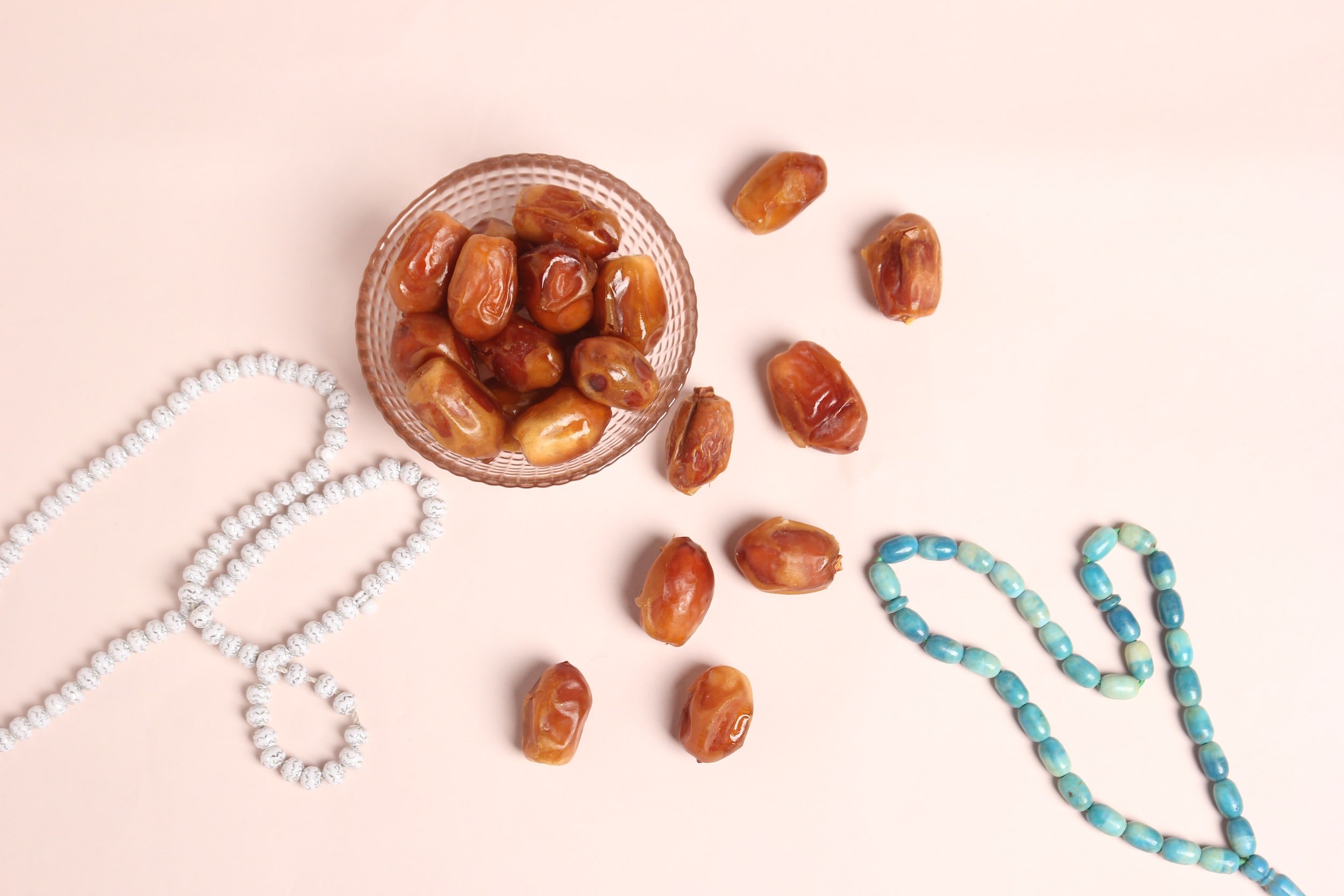How To Stay Healthy During Ramadan: Fuelling Your Fast with the Right Foods
The Holy Month of Ramadan: What You Need to Know
Ramadan is a month-long period of fasting observed by Muslims worldwide. It is a time for spiritual reflection, prayer, and charity, but it can also have an impact on your health. Fasting has been shown to have numerous health benefits, both physical and mental. In addition to promoting weight loss, fasting has been linked to improved insulin sensitivity, better heart health, and a reduced risk of chronic diseases such as diabetes, cancer, and Alzheimer's. Fasting can also boost the immune system, promote autophagy (the body's natural process of cellular cleanup and repair), and improve cognitive function. In some cultures and religions, fasting is also seen as a spiritual practice that promotes mindfulness and self-discipline. Fasting for long hours during the day can also lead to dehydration, nutrient deficiencies, and digestive issues, among other concerns. However, with proper planning and nourishment, you can ensure that your body gets the nutrients it needs to thrive during Ramadan.
In this article, we will explore 15 tips for optimal health during Ramadan. From nutrient-dense foods to stress-reducing techniques, these tips can help you feel your best during this holy month.
The Importance of Staying Hydrated During Ramadan
1. Hydrate, hydrate, hydrate
Dehydration is a common concern during Ramadan, as fasting means going without water for extended periods. To prevent dehydration, make sure to drink plenty of fluids during non-fasting hours. Water is the best choice, but you can also include hydrating foods, such as fruits and vegetables, in your meals.
Some examples of hydrating foods include:
Watermelon: This fruit is 92% water and also rich in vitamins A and C. It is a great source of antioxidants such as lycopene and beta-carotene, which have been linked to a reduced risk of cancer and cardiovascular disease.
Cucumber: Cucumbers are 96% water and also contain antioxidants. They are a good source of vitamin K, which is important for bone health, and also contain fiber, magnesium, and potassium.
Tomatoes: Tomatoes are 95% water and also rich in vitamin C, potassium, and lycopene. Lycopene is a powerful antioxidant that has been linked to a reduced risk of prostate cancer and other chronic diseases.
Strawberries: Strawberries are 91% water and also contain vitamin C, folate, and fiber. They are also a good source of antioxidants and have been shown to improve heart health and reduce inflammation.
Lettuce: Lettuce is 95% water and also contains vitamin K, vitamin A, and folate. It is a great source of fiber and has been shown to reduce the risk of heart disease and other chronic illnesses.
Zucchini: Zucchini is 94% water and also contains vitamin C, potassium, and fiber. It is a low-calorie vegetable that can help with weight loss and has been linked to improved digestion and blood sugar control.
Other water-rich foods include celery, grapefruit, oranges, peaches, and spinach, all of which have a water content of at least 85%. Incorporating these foods into your diet can help keep you hydrated and promote optimal health.
Tips for Nutrient-Dense Suhoor and Iftar Meals
2. Eat a balanced Suhoor meal
Suhoor is the pre-dawn meal that Muslims eat before beginning their fast. It is important to eat a balanced meal during suhoor to help sustain energy levels throughout the day. Make sure to include complex carbohydrates, protein, and healthy fats in your suhoor meal.
Some examples of Suhoor meals include:
Oatmeal with nuts and fruits: Oatmeal is a great source of complex carbohydrates and fiber, which provide sustained energy. Add nuts such as almonds or walnuts, which are rich in healthy fats and protein, and fruits such as berries or bananas, which are high in antioxidants and potassium.
Scrambled eggs with spinach and whole grain toast: Eggs are a good source of protein and healthy fats, while spinach is rich in vitamins and minerals. Whole grain toast provides complex carbohydrates and fiber for sustained energy.
Avocado toast with smoked salmon: Avocado is a good source of healthy fats and fiber, while smoked salmon is rich in protein and omega-3 fatty acids. Whole grain bread provides complex carbohydrates for sustained energy.
Greek yogurt with granola and berries: Greek yogurt is a great source of protein and probiotics, which are important for gut health. Add granola, which is rich in complex carbohydrates and fiber, and berries, which are high in antioxidants.
Quinoa bowl with mixed vegetables: Quinoa is a complete protein and a great source of complex carbohydrates and fiber. Add mixed vegetables such as spinach, broccoli, and bell peppers, which are rich in vitamins and minerals.
These meals are nutrient-dense, balanced, and provide sustained energy throughout the day. They also contain a variety of vitamins, minerals, and antioxidants that support overall health and well-being.
3.Avoid sugary and fried foods
While it may be tempting to indulge in sugary and fried foods during Ramadan, these foods can have negative effects on your health. They can lead to blood sugar imbalances, weight gain, and other health concerns. Instead, focus on nutrient-dense whole foods that will provide sustained energy throughout the day.
4. Include protein-rich foods in your diet
Protein is essential for building and repairing tissues in the body, and it can help you feel fuller for longer periods. Include protein-rich foods in your meals, such as:
Chicken or turkey breast
Fish, such as salmon or tuna
Lentils or beans
Nuts and seeds
5. Incorporate healthy fats
Healthy fats are important for brain function, hormone production, and nutrient absorption. Include healthy fats in your diet, such as:
Avocado
Olive oil
Ghee
Nuts and seeds
Fatty fish, such as salmon, mackerel, anchovies, herring or sardines
6. Include whole grains
Whole grains are rich in fiber, which can help with digestion and promote feelings of fullness. Include whole grains in your meals, such as:
Brown rice
Teff
Amaranth
Millet
Buckwheat
Gluten free oats
Quinoa
Brown rice pasta
Buckwheat bread
7. Include plenty of fruits and vegetables
Fruits and vegetables are rich in vitamins, minerals, and antioxidants, which are important for overall health. Include a variety of fruits and vegetables in your meals, such as:
Berries:
Cranberries
Gooseberries
Elderberries
Boysenberries
Mulberries
Acai berries
Cherries
Pomegranate seeds
Red currants
Black currants
Leafy greens:
Kale
Arugula
Collard greens
Mustard greens
Beet greens
Swiss chard
Watercress
Bok choy
Turnip greens
Romaine lettuce
Citrus fruits:
Clementines
Tangerines
Blood oranges
Meyer lemons
Lime
Lemon
Pomelo
Mandarin oranges
Satsuma oranges
Ugli fruit
Cruciferous vegetables:
Cabbage
Brussels sprouts
Kale
Radishes
Turnips
Kohlrabi
Rutabaga
Broccolini
Broccoli rabe
Chinese broccoli
Incorporating a variety of fruits and vegetables into your diet can provide a wide range of nutrients, antioxidants, and fiber. These options can help to support optimal health and prevent chronic diseases.
8. Avoid caffeine and sugary drinks
Caffeine and sugary drinks can dehydrate the body, which can can lead to fatigue, headaches, and other negative health effects. Instead, opt for water, non-caffeinated herbal tea, or coconut water to stay hydrated.
9. Take a multivitamin or supplement if necessary
Fasting can lead to nutrient deficiencies, especially if you are not getting enough variety in your diet. Consider taking a multivitamin or specific supplements if necessary, such as vitamin D or iron. Consult with a healthcare professional before starting any new supplement regimen and check out my article here for how to choose high quality supplements.
10. Eat slowly and mindfully
Eating slowly and mindfully can help with digestion and promote feelings of fullness. Take your time during meals, and focus on the flavors and textures of the food. This can also help with stress reduction and promote a more relaxed state.
11. Break your fast with dates and water
Dates are a traditional food to break the fast during Ramadan, as they provide a quick source of energy and are rich in nutrients such as fiber, potassium, and magnesium. Pair dates with water to help rehydrate the body.
12. Include probiotic-rich foods in your diet
Probiotic-rich foods can help promote gut health, which is important for overall health and immunity. Include probiotic-rich foods in your diet, such as:
Yogurt
Kefir
Sauerkraut
Kimchi
13. Plan meals ahead of time
Planning meals ahead of time can help ensure that you are getting a variety of nutrients and avoid unhealthy food choices. Take some time each week to plan out meals and snacks for the week ahead.
How Stress Reduction Can Support Your Fast
14. Get enough rest
Getting enough rest is important during Ramadan to help with energy levels and overall health. Aim for 7-9 hours of sleep each night, and incorporate relaxation techniques such as meditation or deep breathing to help reduce stress.
15. Avoid high intensity workouts
Staying active during Ramadan can help with energy levels and overall health. If you want to incorporate movement, try to incorporate moderate exercise into your routine, such as walking or yoga. However, avoid high-intensity workouts during fasting hours, as this can put added stress on the body.
By following these tips, you can ensure that your body is getting the nutrients it needs to thrive during Ramadan. Remember to consult with a healthcare professional before making any changes to your diet or supplement regimen.
Final Thoughts: Balancing Faith and Health During Ramadan
The holy month of Ramadan is a time of spiritual reflection and fasting, where Muslims abstain from food and drink from dawn until sunset. It can be challenging to maintain a balanced diet during Ramadan, but with careful planning and a focus on nutrient-dense foods, it is possible to meet the body's nutritional needs while fasting. Consuming adequate amounts of water, fruits and vegetables, whole grains, lean proteins, and healthy fats can provide the body with the necessary nutrients to function optimally during this time. Incorporating lifestyle practices such as exercise, stress reduction, and proper sleep hygiene can also support overall health and well-being during Ramadan. By prioritising nutrient-dense foods and a healthy lifestyle, individuals can have a fulfilling and energised Ramadan experience.
References
Al Hourani H, Atoum MF. Body composition, nutrient intake and physical activity patterns in young women during Ramadan. Singapore Med J. 2007;48(10):906-910.
Cheah SH, Ch'ng SL, Hussin NM, et al. Ramadan fasting: a review on cognitive and mental health. Malays J Med Sci. 2016;23(2):6-18.
Faris MA, Kacimi S, Al-Kurd RA, et al. Intermittent fasting during Ramadan attenuates proinflammatory cytokines and immune cells in healthy subjects. Nutr Res. 2012;32(12):947-955.
Gabel K, Hoddy KK, Haggerty N, et al. Effects of 8-hour time restricted feeding on body weight and metabolic disease risk factors in obese adults: A pilot study. Nutr Healthy Aging. 2018;4(4):345-353.
Hariri N, Thibault L. High-fat diet-induced obesity in animal models. Nutr Res Rev. 2010;23(2):270-299.
Jafarnejad S, Amanat S, Fereidouni Z, et al. Effects of Ramadan fasting on serum glucose, lipid profiles, oxidative stress, and SIRT1 in healthy Muslim women. Nutr Res. 2014;34(10):873-879.
Hussein GM, Almukhtar SE, Fawzi K, et al. Effects of Ramadan fasting on body weight, glucose metabolism, blood pressure, and lipid profile in diabetic patients. J Taibah Univ Med Sci. 2015;10(4):414-423. doi:10.1016/j.jtumed.2015.02.002
Sadeghirad B, Motaghipisheh S, Kolahdooz F, Zahedi MJ, Haghdoost AA. Islamic fasting and weight loss: a systematic review and meta-analysis. Public Health Nutr. 2014;17(2):396-406. doi:10.1017/S1368980013001390
Sulaiman ND, Saqr HE, Almadani NA, Al-Harthi SA. Effect of Ramadan fasting on metabolic markers, body composition, and dietary intake in Emiratis of Ajman: a prospective observational study. J Am Coll Nutr. 2019;38(2):136-142. doi:10.1080/07315724.2018.1469331
Trabelsi K, El Abed K, Trepanowski JF, et al. Effects of Ramadan fasting on biochemical and anthropometric parameters in physically active men. Asian J Sports Med. 2011;2(3):134-144. doi:10.5812/asjsm.34704

